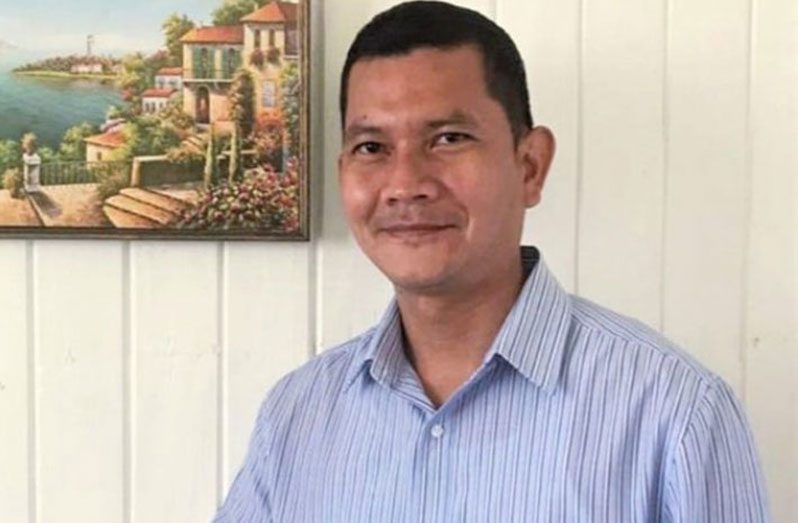IN keeping with the vision to preserve indigenous languages and culture, Minister of Education, Priya Manickchand, has announced plans to expand the teaching of the Wapichan language in several communities in the South Rupununi.
In making this disclosure on Monday, she said that the expansion is expected to take effect in 2022 and will ensure that hinterland children in nursery and primary schools are taught in their native language.
In September 2018, the ministry launched its pilot programme in three nursery schools in Region Nine. The initiative was made possible through a Memorandum of Understanding between the Quality Bilingual Education Programme for Wapichan Children (QBEP), and the Education Ministry to introduce the language course at the Maruranau, Sawariwa, and Karaudarnau Nursery Schools.
According to Marti De Souza, Deputy Chief Education Officer with responsibility for Amerindian and Hinterland Education Development, the programme was designed with the idea of bridging the language gap so as to afford hinterland children the opportunity to learn in their native language.
He stated that the COVID-19 pandemic which caused schools to remain closed for some time had a major impact on the roll out of the programme. He noted the government’s eagerness to have it implemented and launched come 2022.
De Souza said that presently many of the school-aged children in the hinterland often struggle to learn the English translation of Wapichan words. Because of this, it is difficult for them to understand the concepts being taught.
“With respect to education, this will be very impactful because, coming out of the experience we had when we started the programme, it was found that the children were very receptive and they were actively learning even quicker because you know it would have been difficult in the past for them to even learn English and then try to understand the concepts that are being taught. So, to get them into their own language, to get education delivery to them in their own language that is a big plus,” De Souza added.
According to the DCEO, the initiative will see teachers in several communities being trained to teach the ministry’s curriculum in the native tongue. He explained that, as part of that, the ministry will be moving forward with translating texts, its worksheets and other materials from the standard English they are in presently, to the Wapichan language.
He noted that the initiative would improve the way children in the hinterland experience education, adding, “It’s going to be very impactful because we are starting them off young. We are actually teaching them in their mother tongue [and] as they move on eventually through the system gradually break into English. So, instead of having to wait and teach them two languages, it wouldn’t be any pressure to them learning a second language.”



.jpg)








